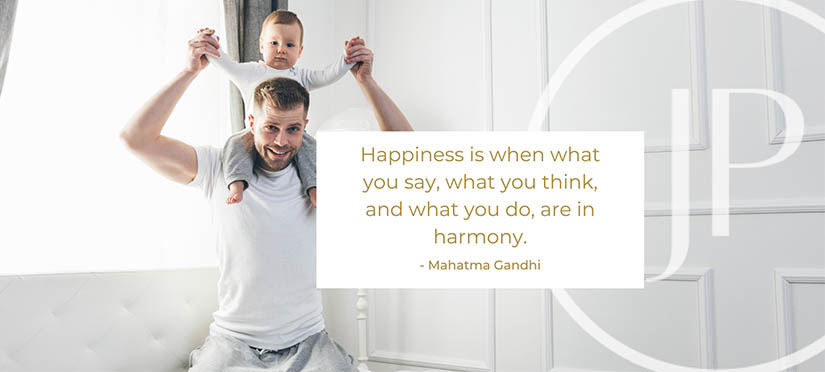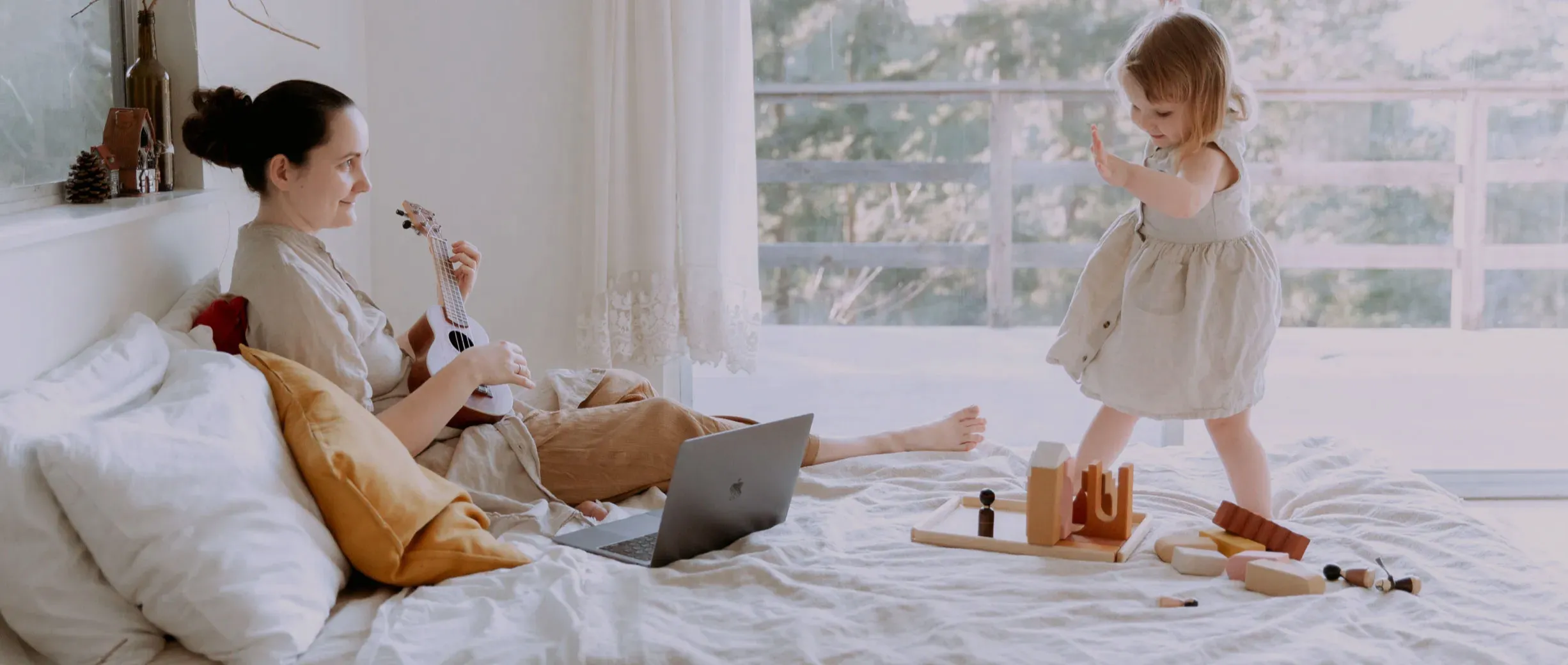I won’t lie. I don’t think mediation even so much as crossed my mind when I separated.
Which makes me think – aside from those parents who are made to complete family dispute resolution before they go to court (it’s compulsory for most families), why would anyone think that their matter is suitable to be mediated?
You don’t split up because you like each other. Obviously. So what would make me think that I can sit you both in the same room, and have to productively discuss your issues to reach an agreement? Because, as above, you hate each other and you will probably need to go to court.
First things first. You don’t hate each other. Not really.
I used the word ‘hate’ because, personally, I don’t like it. I think it’s a terrible word. Actually, that’s not fair. It has a meaning, and when used in context, it is perfect. But rarely do I hear it used in context.
Like, we don’t really hate Mondays. We hate that we are going back to work after our days off.
We hate coriander. Because, eww.*
Back to the topic at hand, though.
When relationships end, it’s entirely normal that the separated couple will be conflictual, combative, hostile, or stonewalling one another. Communication skills will be at an all time low, and the idea of having to reasonably speak with one another about how to deal with sensitive and important issues is uncomfortable to say the least.
What I can offer is this:
- Take your time. Irrespective of how you intend or need to address and resolve your family law issues, you do not need to rush. I can tell you now – there is no benefit in starting any resolution process, mediation or legal, without first being in the frame of mind to agree to something. Whether you need time to accept the end of your relationship, or are completely overwhelmed by the practicalities of a separation…. take your time. Take a breath. Let yourself get through this time, this moment, first and foremost.
- Trust the professionals. Seems obvious, but hear me out. You know that friend you have that always seems to calm you down? The sports coach that seems to get your son to focus and train the way no one else can? How your dog can lay its head on your knee and you can just stop and smile? Well, a mediator isn’t a dog, and I hope they don’t put their head on your knee. However, like the others, they are skilled at (and take pride in) de-escalating high conflict situations. Like any other professional, mediators are trained to do their job, and that includes being able to get the best out of two good people going through a crappy situation.
- Talk it through with a coach or counsellor. Depending on where you are at and how you are feeling, I can’t recommend this enough. Get a coach or a counsellor. Before you think I am insane – you can get divorce/separation coaches now. It’s something I hope to do shortly, but they already exist! As a divorce coach, they will guide you through how to work past your separation and into your next chapter in the most effective way. Similarly, a counsellor will support you to move past the grief and difficulties you have faced leading up to, during, and post separation. The key difference is that a counsellor is therapeutic and will support your mental health and emotions (and will be a qualified counsellor or psychologist), whereas a divorce coach will guide you through the practical side of things. Just know that there is no formal accreditation to be a coach, so make sure you ask any coach what their experience and background is – basically, anyone can put themselves out there as a ‘coach’, so make sure they know their stuff first!
Mediation, or family dispute resolution, whatever term you prefer, is suitable for almost any family going through separation, and if you have any worries or concerns then chat with your mediator! They can explain what they will do and how they can help you, and you will be surprised at how they can put your mind at ease.
JP







 Divorce Coach
Divorce Coach Co-Parenting Coach
Co-Parenting Coach Power of Attorney Lawyer
Power of Attorney Lawyer Child Support Lawyers
Child Support Lawyers Domestic Violence Lawyers
Domestic Violence Lawyers Separation & Divorce Lawyers
Separation & Divorce Lawyers Property Settlement Lawyers
Property Settlement Lawyers Parenting Orders
Parenting Orders Consent Orders
Consent Orders Family Court Proceedings
Family Court Proceedings Binding Financial Agreements
Binding Financial Agreements Family Mediation
Family Mediation